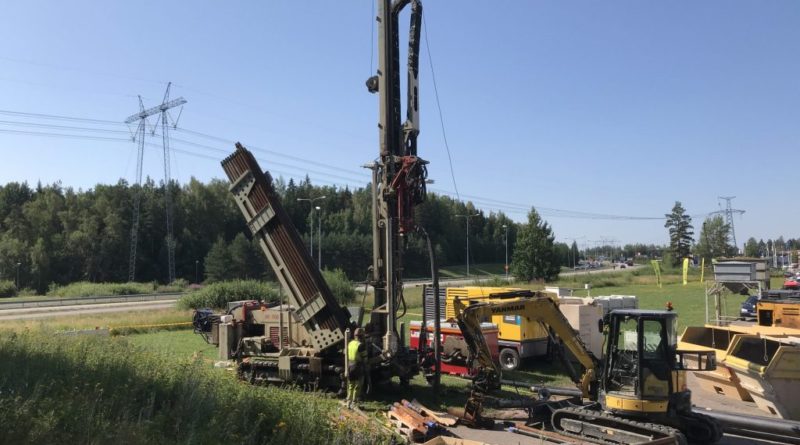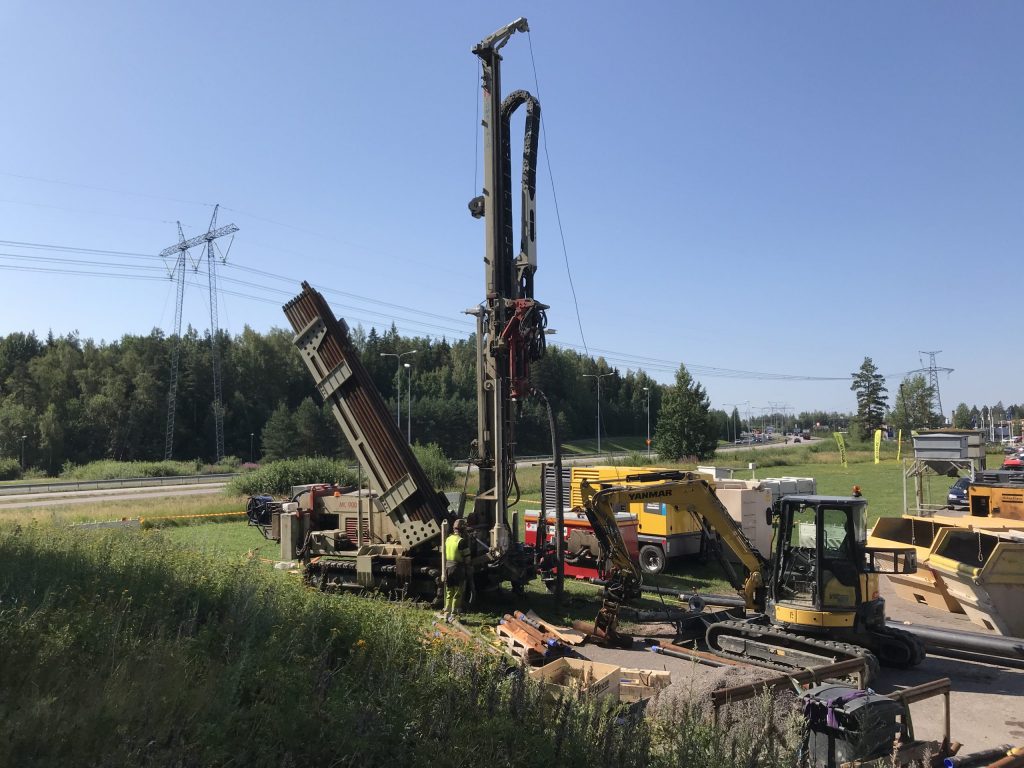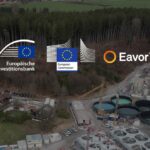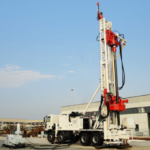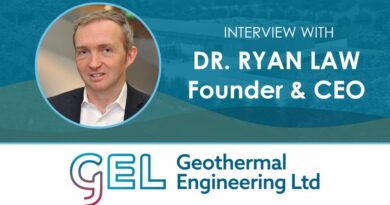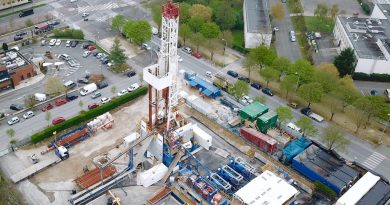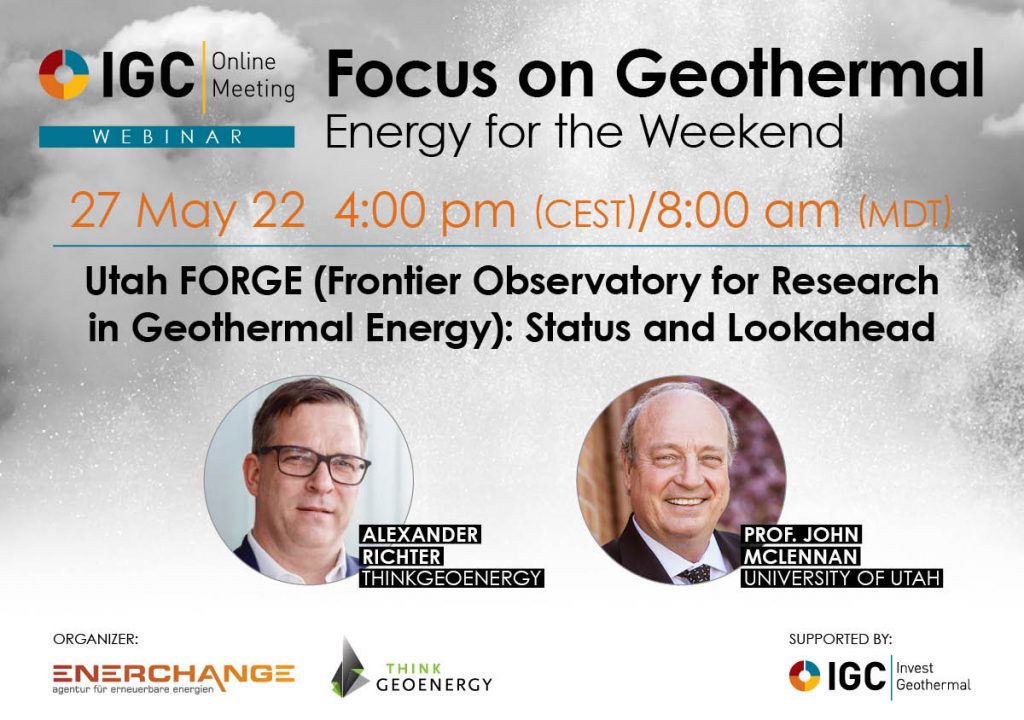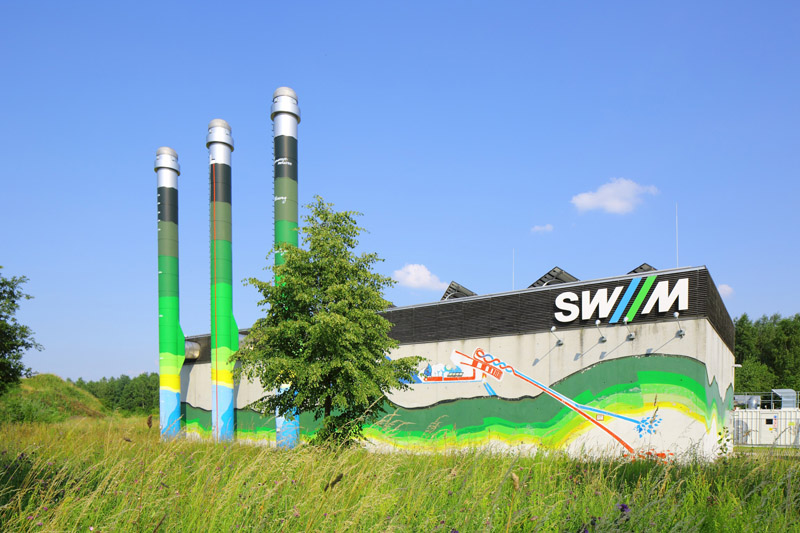Finnish geothermal heat player QHeat secures EUR 3.3m loan for drilling rig
Energy Disrupter
Finnish Climate Fund has granted EUR 3.3m loan to Finnish geothermal heat exchange player QHeat to acquire more efficient drilling rig to target medium-deep geothermal resources.
Finland’s Climate Fund has granted a EUR 3.3 million capital loan granted to Quantitative Heat Oy (QHeat) will be principally allocated to the purchase of new, more efficient drill equipment for drilling medium-deep (geothermal) heat wells. The funding can promote the development of the geothermal heating sector as well as accelerate the implementation of alternative solutions for combustion in the real estate energy sector.
Geothermal heating is a developing industry with a great deal of potential for climate action in applications such as low-emissions heating solutions, balancing out seasonal variations in energy production and the development of local heating networks.
It provides more alternatives for combustion and is thus part of the solution for transitioning away from the use of fossil fuels for heating. Heat wells generate heat energy-efficiently and without combustion. Medium-deep heat wells can also be used for cooling real estates and they can store energy to even out seasonal variations.
QHeat is so far the only Finnish operator to successfully drill medium-deep heat wells. Their solution is particularly suitable for large and densely built properties, such as apartment-block-dominated residential areas, shopping centres, hospitals, airports and industrial facilities. The company also aims to create local heating networks, where buildings and operators joining the network could exchange energy by means of medium-deep heat wells.
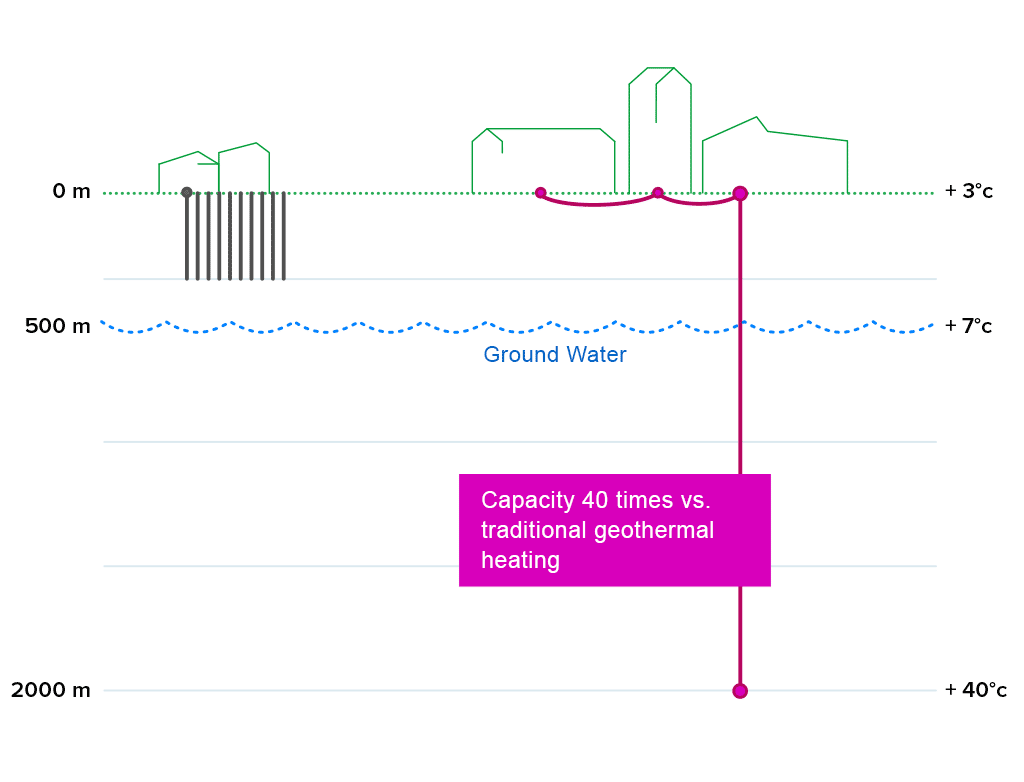
”Decentralised solutions are needed for tackling climate change, and our solution applies this concept to the generation of heating energy. With the new equipment, we will be able to cut drilling times by up to half, making investment into renewable energy profitable for our customers as well”, says QHeat CEO Erika Salmenvaara.
”The industry still carries clear risks, for example with regard to the cost-efficiency of the drilling process, which makes it challenging to obtain financing on market terms. QHeat’s solution is based on Finnish expertise and cooperation. Our investment can support the creation of a geothermal cluster in Finland, also supporting its export potential”, says Climate Fund CEO Paula Laine, shedding light on the background of the investment decision.
QHeat-solution:
Medium-deep heat wells tap into geothermal energy originating from the earth’s core and bound deep inside the bedrock. In addition to heating, they can be used for cooling real estate and as flexible seasonal underground storage for energy. The stored heat can consist of waste heat from waste incineration, cooling condensate or process heat.
QHeat drills its wells with pneumatic hammer technology, which is well-suited to Finland’s hard soil. There is no depth limit to pneumatic hammer drilling, and the compressed air pushes the loose soil to the surface through the drill holes. A single well, roughly 1.5 kilometres deep, generates heating or cooling for approximately 10,000–15,000 square metres of floor area and is a great choice for densely built areas with large heating requirements. In December 2021, the company announced a collaboration with Geomachine Oy to develop the world’s first well-drilling rig designed for the drilling of geothermal heating wells.
The company also aims to enable the creation of local heating networks in which buildings and operators joining the network obtain their heating and cooling from medium-deep heat wells and exchange energy via pipelines. These networks would also permit the storage of surplus waste heat. The drilling for the first project and network construction in the Finnoo district of Espoo begun in December 2021.
The benefits of geothermal heat wells include predictable investment costs due to the long service life of the solution as well as energy-efficiency during use. A single medium-deep heat well has capacity equivalent to around 30–40 regular, 300-metre heat wells.
One medium-deep heat well will provide an estimated annual emissions reduction of 41 t CO2e. If the company’s business plans are successful, they will generate a cumulative calculated emissions reduction potential of 115 kt CO2e over ten years. The emissions reduction will be allocated to Finland’s effort-sharing sector and has been calculated with the assumption that 85% of the solution will replace municipal heating and 15% industrial heat generation. The calculations regarding municipal heating take into account the achievement of carbon-neutrality targets by 2030, with average municipal heating emission factors used as the benchmark production method.
The company’s total financing requirement is EUR 7.7 million, and QHeat has collected roughly EUR 2 million in private equity financing and EUR 1 million in shareholder loans.
The Climate Fund’s EUR3.3 million capital loan will be allocated to the purchase of new drilling technology to boost the company’s current drilling capacity. The interest on the Climate Fund’s capital loan is priced at the market rate listed in the EU’s reference interest rate table. In other words, the Climate Fund is entitled to the market rate on its capital loan. The capital loan also includes a conversion right.
Source: Ilmasto Rahasto/ Climate Fund

